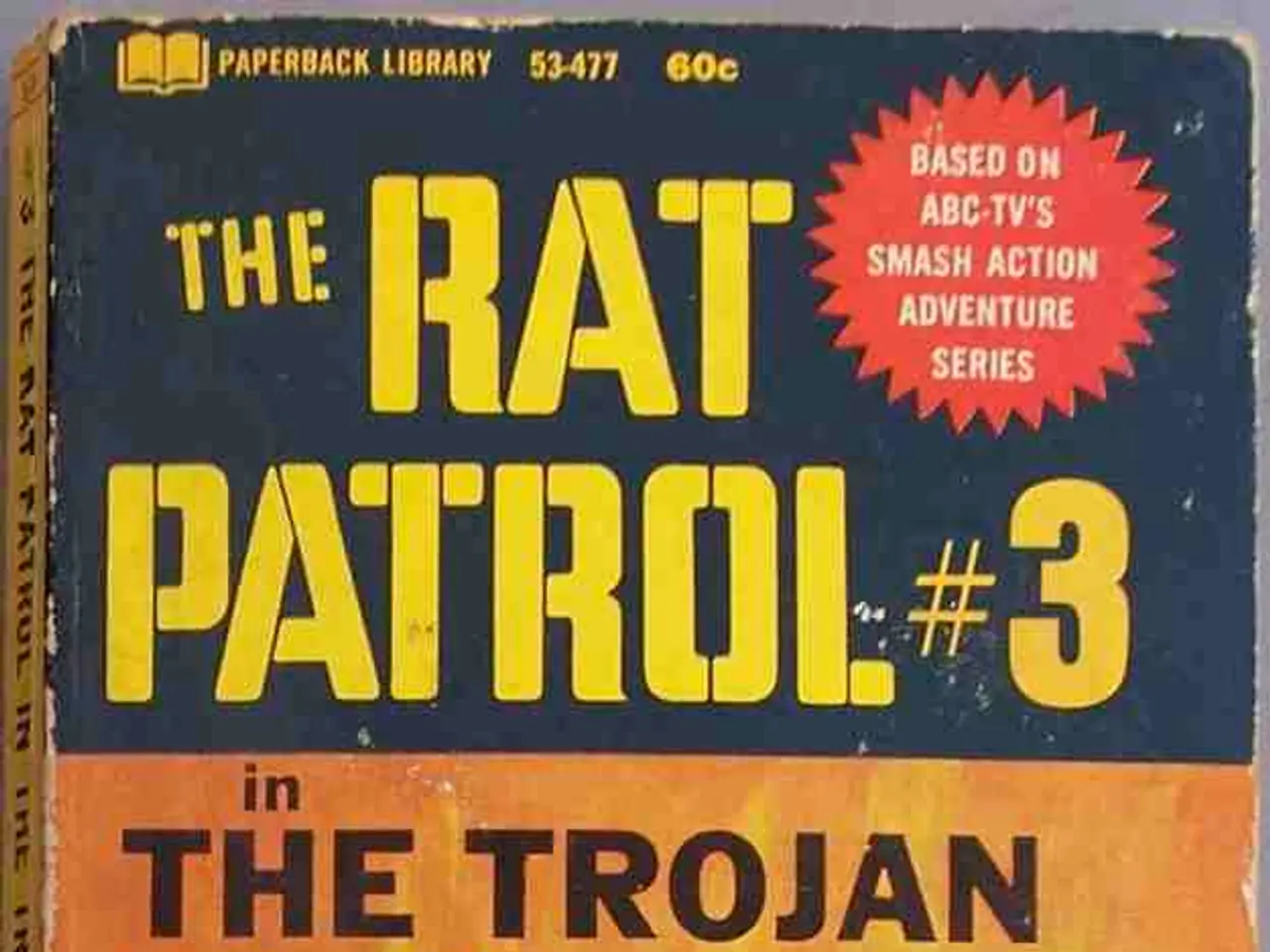US Secretary Hegseth Sparks Debate with Plan to 'Untie Hands' of War Fighters
US Secretary of War Pete Hegseth has sparked debate with his announcement to 'untie the hands' of US war fighters. This move, he believes, will allow them to 'intimidate, demoralize, hunt and kill' enemies without politically correct rules of engagement. However, this shift in policy raises questions about the role of rules of engagement in modern warfare and the potential consequences of such a move.
Historically, leaders have understood the importance of regulating military actions. Abraham Lincoln, during the American Civil War, tied the hands of his soldiers to prevent unnecessary cruelty, demonstrating responsible statesmanship. This was further echoed in the Lieber Code of 1863, which aimed to control man's propensity to use violence against man. Later, the Geneva and Hague conventions built upon this, establishing rules of engagement and laws of war that balance military necessity with political and legal limits.
Today's warfare requires more than just fighting spirit. It demands the ability to work through ambiguity, endure uncertainty, and respect rules. Professional militaries should focus on readiness, doctrine, force structures, training, leadership, and morale, as seen in the British Royal Navy's victory at the Battle of Trafalgar in 1805, which was achieved through problem-solving and unconventional tactics. Playing the victim in conflicts can also legitimize disproportionate responses, erode trust, and make compromise harder.
Hegseth's announcement could have significant implications. It may increase challenges for military leaders in controlling troops' emotions and maintaining legal limits. It also raises questions about the strong's duty to be considerate and accommodative of weaker nations.
The US's decision to 'untie the hands' of its war fighters is a departure from traditional rules of engagement. While it may have short-term tactical advantages, it also presents long-term strategic risks. The international community will be watching closely to see how this policy shift plays out and its impact on global security and stability.






